১০ ফাল্গুন ১৪৩২
7 Proposals from Prof Muhammad Yunus
Repatriation Is Only Solution to Rohingya Crisis
01 October 2025 18:10 PM
NEWS DESK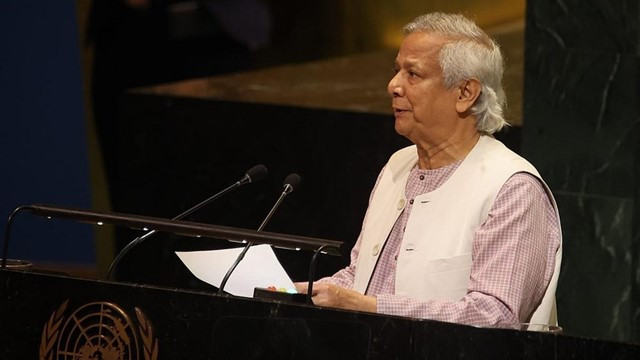
Bangladesh has proposed a seven-point plan for a lasting solution to the Rohingya crisis, urging the international community to adopt a clear roadmap for repatriation and intensify pressure on Myanmar.
Speaking at a high-level UN conference on the plight of Rohingya Muslims and other minorities, Chief Adviser Prof Muhammad Yunus said initiatives to end the crisis are lacking.
"The Rohingya crisis originated in Myanmar. Its solution lies there," he said, stressing that the international community must put "effective pressure" on Myanmar and the Arakan Army to immediately stop persecuting the Rohingyas and begin their expeditious repatriation.
"It's the only solution to the crisis, which should not be held hostage to broader reforms in Myanmar."
The day-long event was attended by representatives of 66 countries and organisations, including heads of state and government. Turkey represented the Organization of Islamic Cooperation, while Kuwait spoke for the Gulf Cooperation Council.
According to the UN, the meeting aimed to mobilise political support, address root causes such as rights violations, and share perspectives from the ground -- including the struggles of minorities in Myanmar and wider humanitarian concerns in the region. Another goal was to propose a plan for the voluntary, safe and dignified return of Rohingyas and other displaced groups.
This first-ever high-level UN event comes as global attention shifts elsewhere, while Bangladesh shoulders the burden of about 1.2 million refugees.
UN High Commissioner for Human Rights Volker Türk described a grim picture of minorities in Rakhine, saying the conference must send a clear signal that their plight is at the top of the global agenda.
"It needs to be a turning point for the Rohingya -- for the international community to take action and devise a lasting solution."
Since November 2023, fighting has escalated with the Rohingya targeted from all sides. The Myanmar junta has committed grave rights abuses, while the Arakan Army has reportedly killed, abducted, tortured, arbitrarily detained, and forcibly recruited Rohingyas.
Türk outlined five urgent priorities: ending the violence, constructive dialogue, reconciliation, respect for human rights, unhindered humanitarian relief and lifting restrictions.
Funding for Rohingya needs in Bangladesh has plunged. Donors have met only 38 percent of the $934 million required this year, affecting healthcare, food, nutrition, protection and education.
The World Food Programme's Country Director Dom Scalpelli warned that unless at least $60 million is secured in the next six months and $167 million over the next 12, food assistance will face major disruptions starting December 2025.
UN High Commissioner for Refugees Filippo Grandi urged countries with influence in the region to intensify engagement. "This must include communication with all parties to the conflict in Rakhine -- not only the de facto authorities but also the Arakan Army."
He warned that host states cannot shoulder the burden alone. "The humanitarian response in Bangladesh remains chronically underfunded, including in key areas like food and cooking fuel. The prospects for funding next year are grim.
"Unless further resources are forthcoming, we will be forced to make more cuts, while striving to minimise the risk of losing lives -- children dying of malnutrition, or people dying at sea as more refugees embark on dangerous boat journeys."
UN Special Envoy on Myanmar Julie Bishop said fighting between Myanmar's army and separatists is proving an "insurmountable barrier" to the return of displaced Rohingyas.
She cautioned that elections planned for December could worsen tensions. "Under current conditions, there is significant risk of increased resistance, protest and violence, further undermining the fragile state."
Bishop added that an inclusive Myanmar is only possible if it guarantees safety, justice and opportunities for all communities, most critically the Rohingya; and addresses the root causes of conflict, discrimination, and disenfranchisement.
Meanwhile, Bangladeshi officials warn of growing challenges in the camps, including domestic violence, trafficking, and extremist ideologies. Refugees may increasingly spill outside the camps as conditions worsen.
The rebel Arakan Army now controls about 90 percent of Rakhine. Its clashes with Myanmar's military have killed scores of Rohingyas and displaced thousands.
7-POINT PLAN, US PLEDGE
Yunus laid out seven key actions for the international community.
He called for a roadmap for safe and dignified repatriation, pressure on Myanmar and the Arakan Army to end violence, and prioritise the return of those who recently arrived in Bangladesh and those internally displaced.
He also urged support for stabilising Rakhine, international monitoring, and confidence-building measures so that the Rohingya integrate into Rakhine society. Yunus further called for fully funding the Joint Response Plan, pursuing accountability and restorative justice, dismantling the narco-economy, and tackling transboundary crimes.
"The world cannot keep the Rohingyas waiting any longer. Today, let us pledge to act together to resolve the crisis once and for all. Bangladesh stands ready to extend its full cooperation to this end."
As funding declines, he argued, repatriation remains the only sustainable option. "This will entail far fewer resources than continuing their international protection."
Saying Bangladesh was a victim of the crisis, Yunus added. "We are forced to bear huge financial, social and environmental costs. Criminal activities, including narco-flows into Bangladesh through Rakhine, threaten our social fabric."
Meanwhile, the US announced more than $60 million in assistance for the Rohingyas in Bangladesh. It pressed Dhaka for policy changes, allowing refugees' livelihoods.
US Special Envoy for Best Future Generations Charles Harder urged other governments and actors to step forward. "All nations, organisations, and private donors must share the burden by increasing their contributions."
The conference included an opening session, a plenary for member states, UNGA observers and civil society, and a closing segment. The president of the UN General Assembly will prepare a concise, action-oriented summary of the discussions.





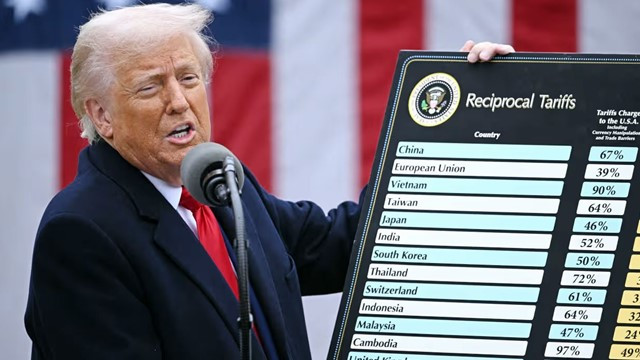
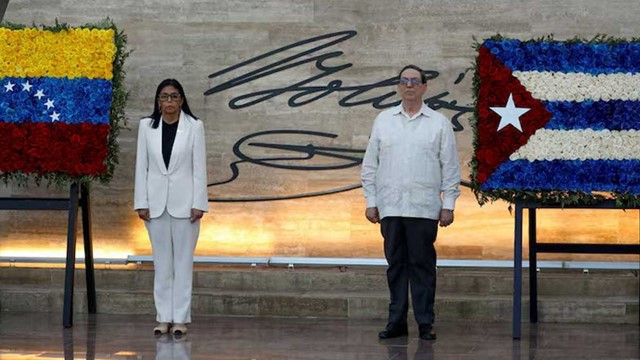
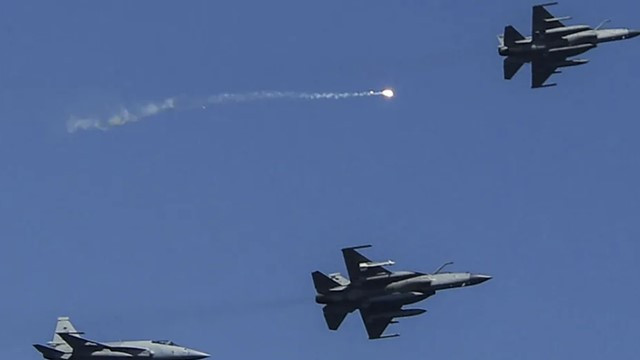
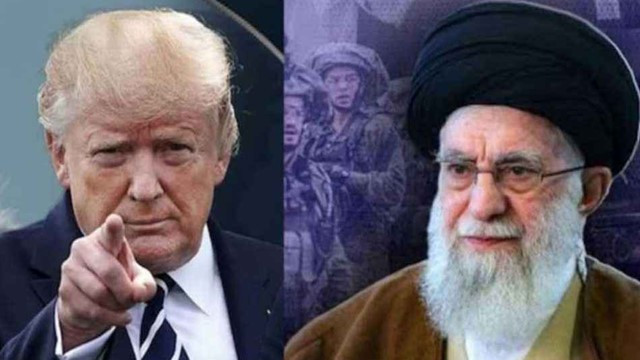
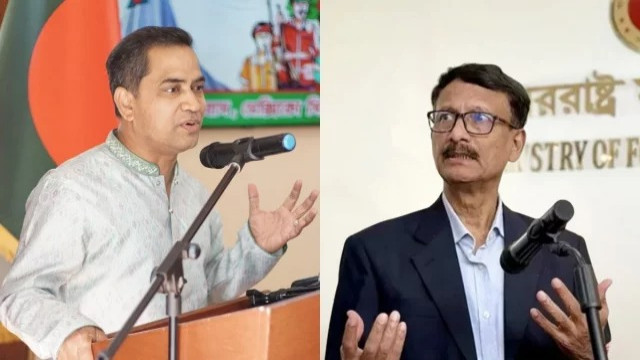


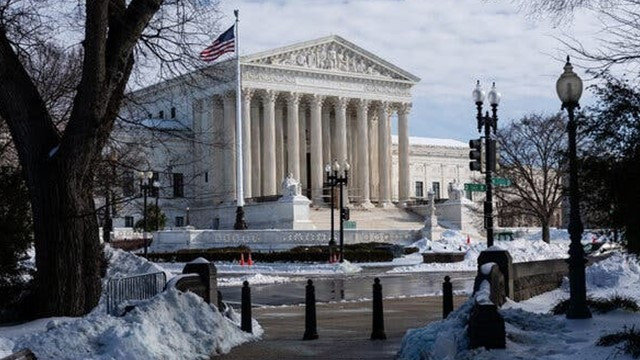
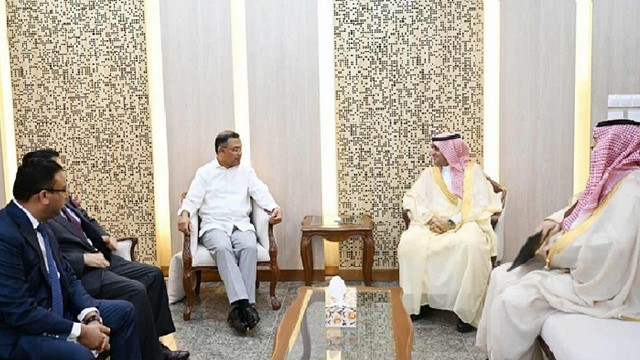
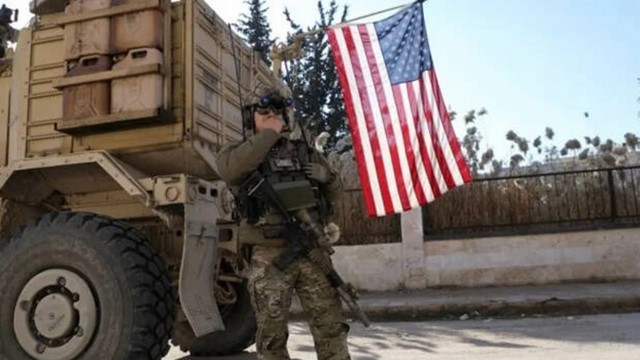
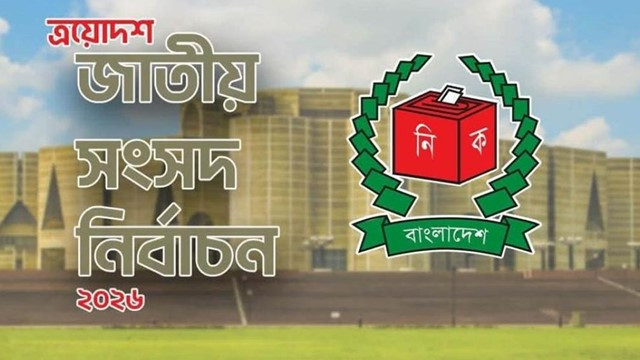
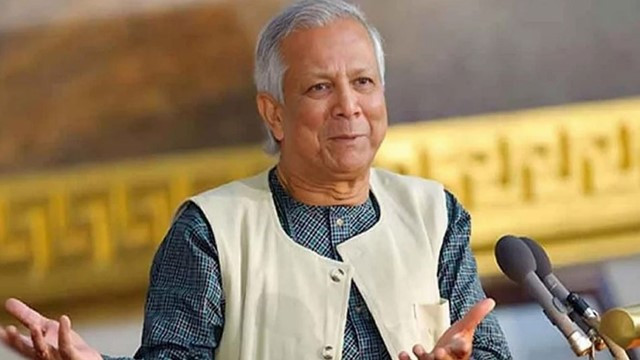
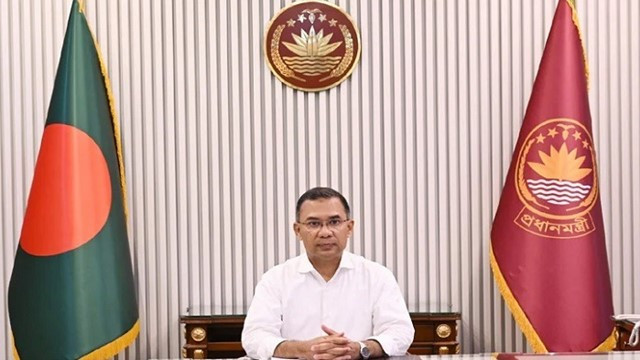
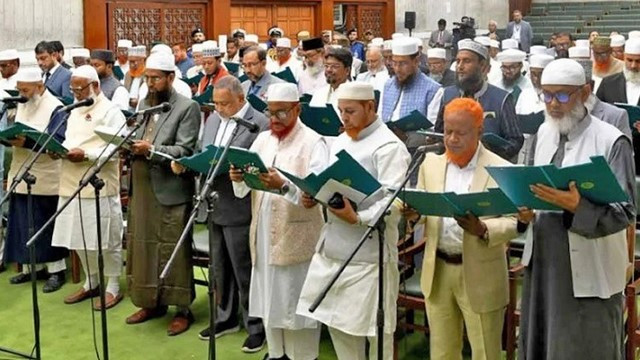
Comments Here: